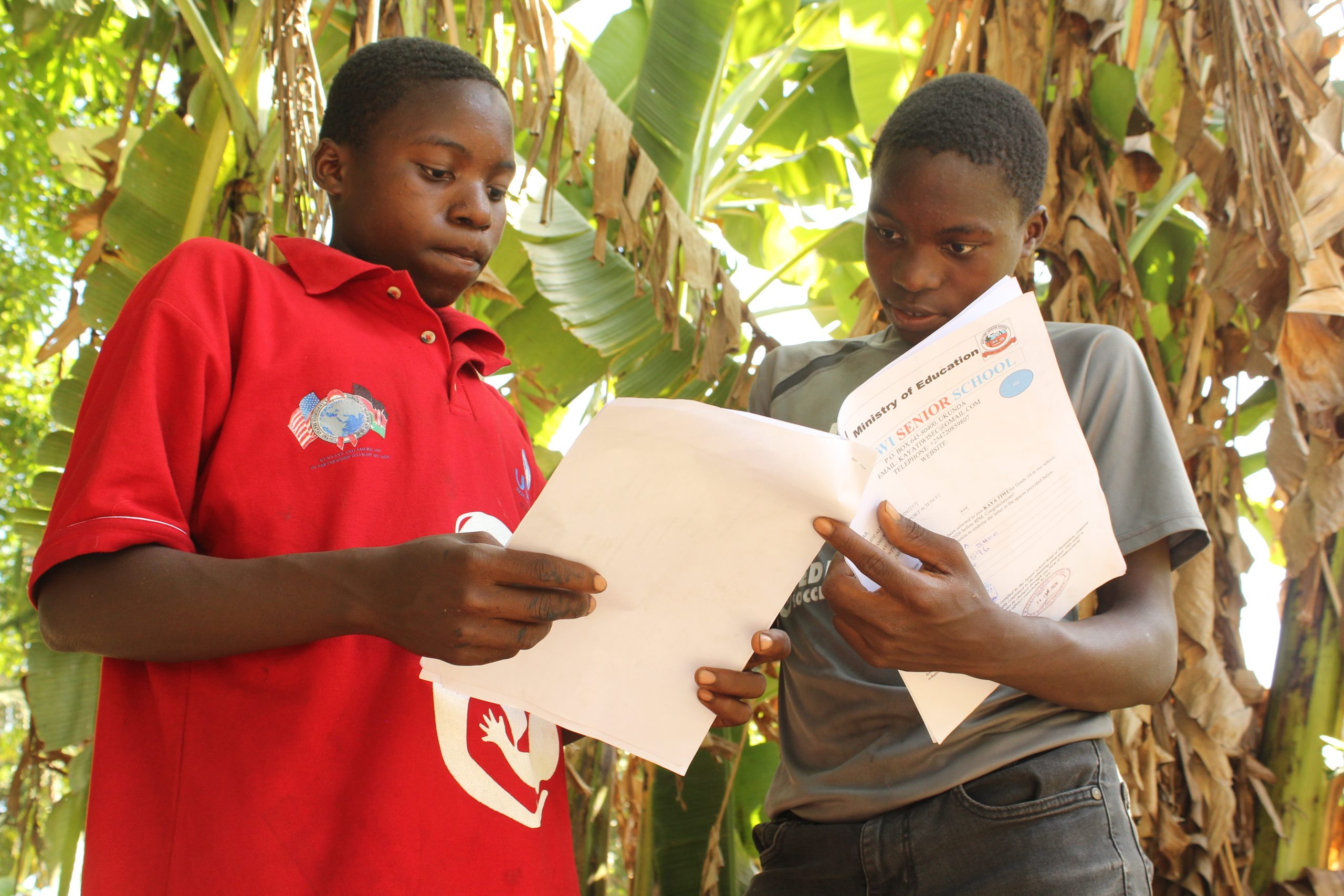By Roy Hezron
Vocational Training Centre (VTCs) Managers are appealing to the government to address the huge pay disparities of VTC’s trainers and other civil servants of the same job group.
They are also demanding for the full implement the scheme of service for Youth Training Personnel of 2012.
The managers through their newly formed Association of Vocational Trainers-Kenya (AVTK) state that the some VTCs can’t afford to pay secretaries, accountants among other support staffs making the managers and their deputies shouldering extra responsibilities yet they don’t get extraneous allowances.
“County Public Service Boards (CPSBs) have put VTCs Managers, Deputies, Head of Departments (HoDs) and Trainers in the same category as Office Support Personnel which is wrong because, VTCs Trainers’ responsibilities are same as teachers that is, we have extra responsibilities like trainer on duty, maintenance of equipment, tools and books; games, guidance and counseling, discipline, drama, clubs among others,” said Saitoti Wainaina, who is the acting national Vice Chairperson.
The trainers maintain that they are entitled to hardship, responsibility, risk and extraneous allowances just like other civil servants, teachers and health officers, hence pleading with county governments to implement the 2012 Youth Officers Scheme of Service and effect all pending promotions from 2007 to 2012.
“The main reason why we don’t have a scheme of service is because the TVET sector has a number of Schemes of service, so most counties don’t know which one to implement. But we have been able to convince some counties that the 2012 scheme is the one that applies to VTCs,” stated Wainaina.
The predicaments for VTCs instructors and trainers started way back in the early ’90s when the church under the National Council of Churches of Kenya (NCCK) decided to handover the Village Polytechnics (VPs) to government hence the government renaming them as Youth Polytechnics(YPs).
Due to low salary top-ups that the instructors were being paid by the government, the YPs started charging increased training fees to poor trainee so as to afford instructors’ salaries, which later led to a decrease in enrollment since most trainees couldn’t afford due to poverty a situation that later led to increased unemployment rates.
“Most instructors left the YPs, so the government resorted to promising the instructors PnP Employment which didn’t materialize till 2007/2010/2011,” added Wainaina.
According to Wainaina, instructors’ challenges deepened when the government in 2007 to 2011 ignored the instructors who had persevered through the hard times and employed new ones from outside the VTCs, but later employed the existing instructors in 2012 on a 3 year contract.
While employing the 2007 group on permanent and pensionable terms, the government was aiming at having better trained instructors that is, trainers having Diplomas, since most instructors in YPs by then had Certificates.
YPs’ instructors felt that in between 2007-2011, the government should have implemented capacity building programmes on the existing instructors, alongside hiring new Diploma holding instructors, instead of sidelining existing experienced instructors.
The 2011 and 2012 instructors were employed on contract in a Government of Kenya and World Bank programme called Economic Stimulus Programme (ESP) whereby the contracts were expiring in 2014, and by then devolution had started and YPs were now under counties.
According to the Transitional Authority (TA), counties were supposed to absorb all ESP Contract and the 2007 instructors into Permanent and Pensionable terms and promotions be effected where necessary.
Currently, there are instructors employed in 2007 who haven’t been promoted while in most counties, the 2011/2012 ESP Contract instructors were absorbed into Job Group ‘H’ despite having served in the same job group on contract for almost 4years, implying that they are earning the same salary as newly employed instructors since the entry point for Diploma holder instructors is Job group ‘H’.
According to Scheme of Service for Youth Training Personnel which was approved by the Public Service Commission and issued by then Ministry of State for Public Service in May 2012, the scheme established six new designations at the level of Youth Polytechnic Instructors and 8 designations at the level of Youth Training Officers.
If it could be implemented by all County Governments, the new designations could have been Youth Polytechnic Instructor III, II and I; and Senior, Chief and Principal Youth Polytechnic Instructor under the level of Youth Polytechnic Instructors.
The other new designations under the level of Youth Training Officers could be Youth Training Officer; Senior, Chief and Principal Youth Training Officer; and Assistant, Senior Assistant, Deputy Director and Director Youth Training Officers.
VTCs were started in the early 1970s by the National Council of Churches of Kenya (NCCK) as Village Polytechnics to help solve the problem unemployment among the youths, and basically targeted those students and youths who couldn’t proceed to Secondary Schools or university either due to lack of fees (poverty) or low marks.






